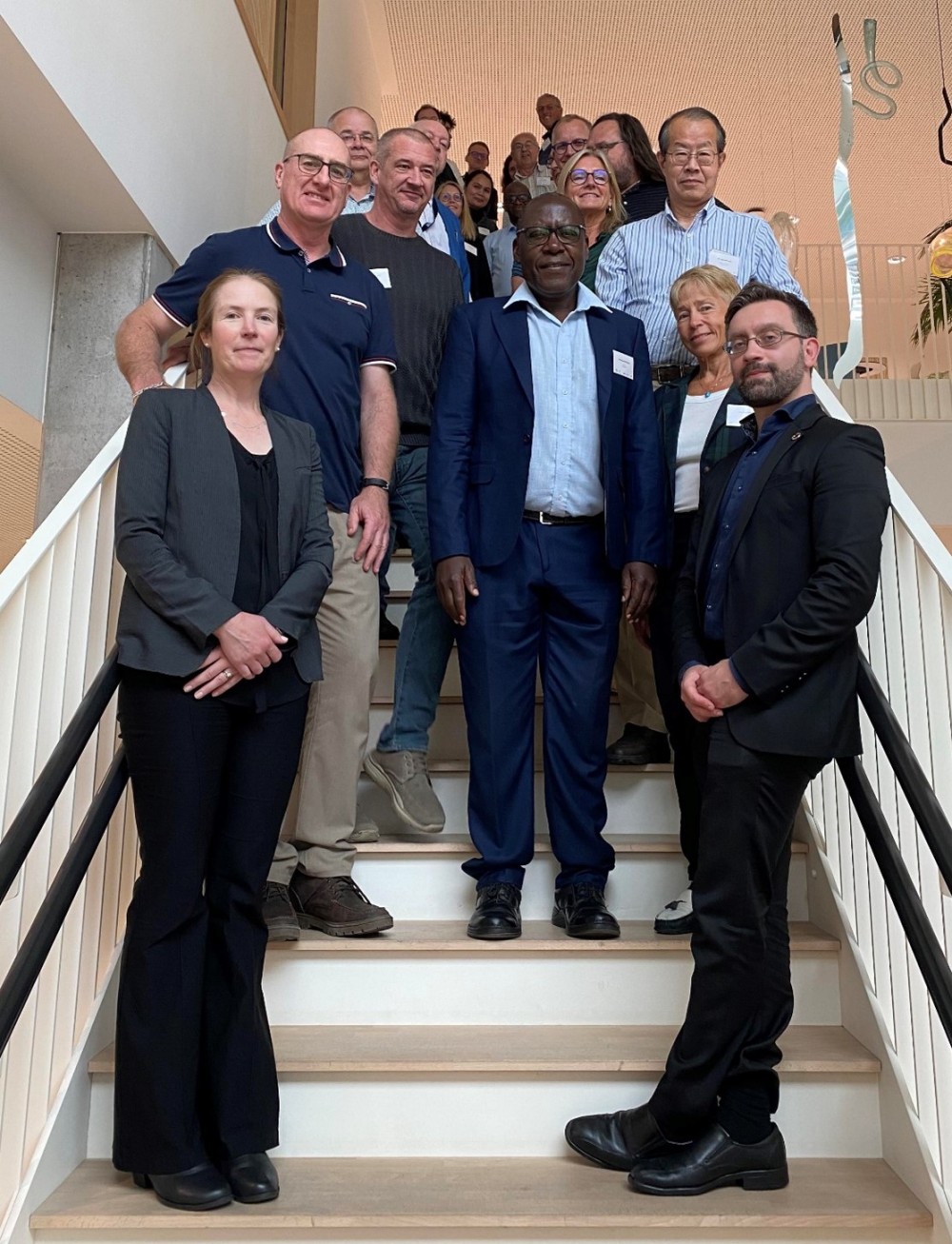Since 2005, VLIZ hosts and supports the Project Office for the International Oceanographic Data and Information Exchange (IODE PO) Programme of UNESCO’s ‘Intergovernmental Oceano- graphic Commission’ (IOC). The ‘UNESCO/IOC Project Office for IODE’ is also the Secretariat of the IOC’s Capacity Development section.
In 2023, the OceanTeacher Global Academy (OTGA) e-learning platform, hosted by the Project Office, offered 50 training courses in 4 languages to over 2300 learners from 100+ countries. OTGA coordinates a network of 17 Regional and Specialized training centers, providing diverse tools for educational resource development and reuse, meeting ISO 29993:2017 standards. This year, OTGA collaborated with VLIZ to deliver online courses on Ocean and Biological Data Management, supporting capacity development initiatives like the National Decade Committee for Belgium and Flanders.


OBIS, managing a global marine species database, added 15 million new observation records in 2023, totaling 123 million records from 5,072 datasets. VLIZ oversees EurOBIS, contributing 1,166 datasets and 41 million records, while actively standardizing vocabularies and ensuring taxonomic quality. VLIZ coordinates the DTO-BioFlow project in Horizon Europe and contributes to UNESCO projects on biodiversity monitoring with eDNA. The VLIZ library supports OBIS by documenting cited papers, with 175 added in 2023.
In 2023, the fourth CD Needs Assessment Survey was launched. The Ocean CD-Hub, a global database of capacity development opportunities, was launched in February 2023 and promoted through regional webinars. The IOC adopted the Capacity Development Strategy (2023-2030) in June 2023, initiating discussions on implementation and regional workplans with secretariats. The IOC CD coordination unit partners in the Capacity Development Facility, funded by FUST to support the Ocean Decade.
The Ocean Best Practices System (OBPS) remains a central hub for ocean 'best' practices and standards. VLIZ hosts the OBPS Repository, now housing 2000+ methodologies, facilitating accessible knowledge for ocean science research and applications. Engaged in EU projects like Blue Cloud 2026 and ObSea4Clim, and the EU Iliad Project for Digital Twins of the Ocean, OBPS is integral to the UN Ocean Decade Programme. It's piloting an Ocean Practices Federated Network (OPFN) to discover global ocean-related practices efficiently, with a portal planned for 2024.
The Project Office hosts the Ocean InfoHub Project, funded by the Government of Flanders, supporting a global network of ocean-related information and data resources. Using the ODIS architecture, it enhances discovery and interoperability of existing systems. Through co-design processes with global partners like IOC resources (OceanExpert, Aquadocs, OBPS, OBIS) and partners in pilot regions (Africa, LAC, PSIDs), OIH has successfully implemented search and discovery hubs. The Ocean InfoHub Global Search portal showcases over 130,000 content items across seven categories, with over 100 partners involved.